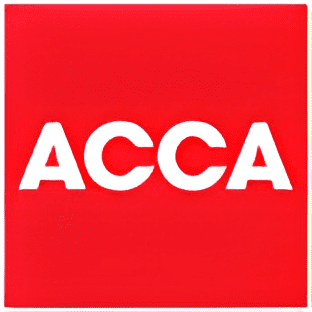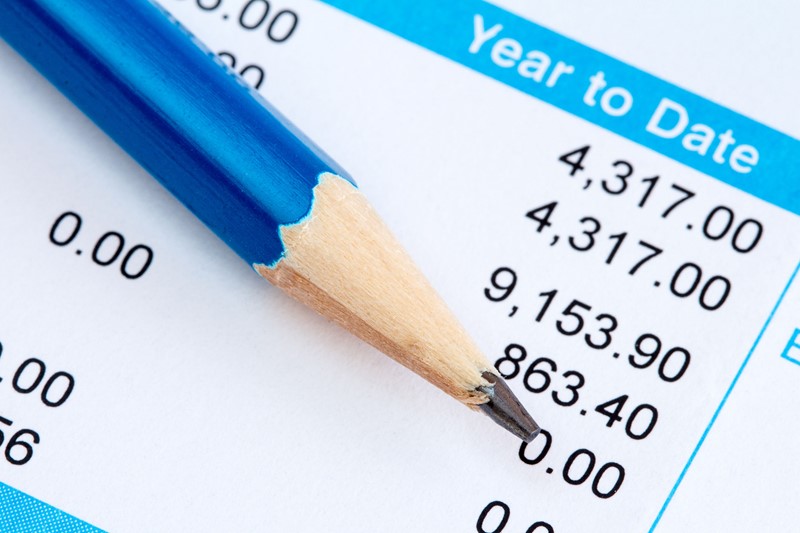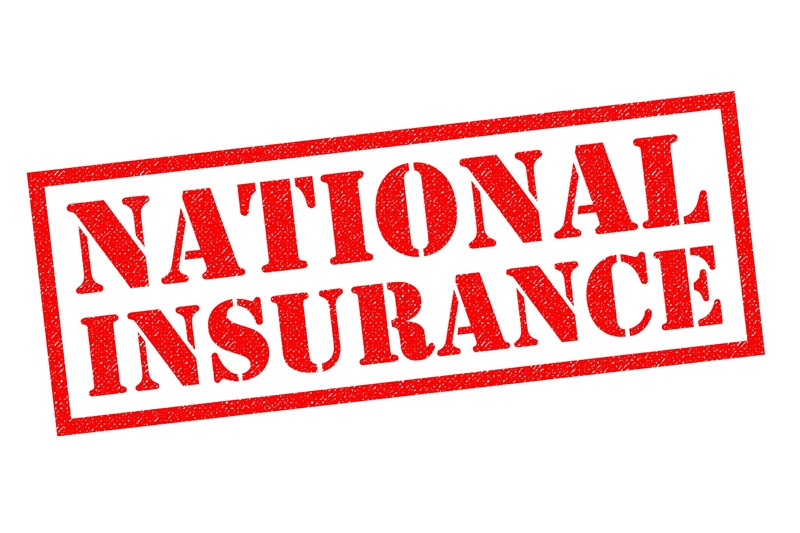The Employment Allowance benefits eligible employers by reducing their National Insurance liability. The current allowance is £5,000. An employer can claim less than the maximum if this covers their
If you have lost or forgotten your National Insurance number there are a number of ways to locate it. Firstly, you could try and locate the number on paperwork such as your tax return, payslip or P60.
Directors are classed as employees and pay National Insurance on annual income from salary and bonuses that exceed the Primary Threshold. The annual threshold is £12,570 in the current 2024-25 tax
Employees with more than one job may be able to defer or delay paying Class 1 National Insurance in certain circumstances. This deferment can be considered when any of the following apply: You pay
There is an online service available on HMRC to check your National Insurance Contributions (NIC) record online. The service is available at https://www.gov.uk/check-national-insurance-record In
Most self-employed people are required to pay Class 4 National Insurance contributions (NICs) if their profits are £12,570 or more a year. Class 4 NIC rates for the tax year 2024-25 are 6% (2023-24:
Carer’s credit is a National Insurance credit that can help carers to fill gaps in their National Insurance record. Carers who don’t qualify for Carer’s Allowance may qualify for Carer’s Credit. This
There is an online service available on HMRC to check your National Insurance Contributions (NIC) record online. The service is available at https://www.gov.uk/check-national-insurance-record In
As had been widely expected, the Chancellor announced further changes to National Insurance contributions (NIC) rates for employees and the self-employed. There will be a further 2% cut in the main















